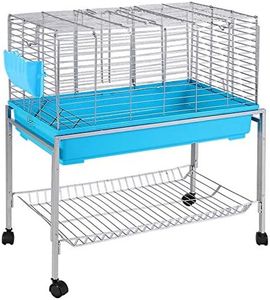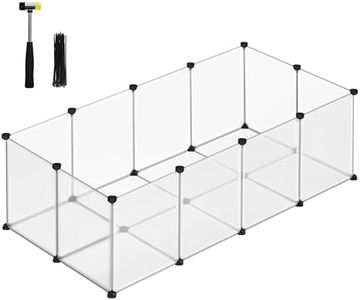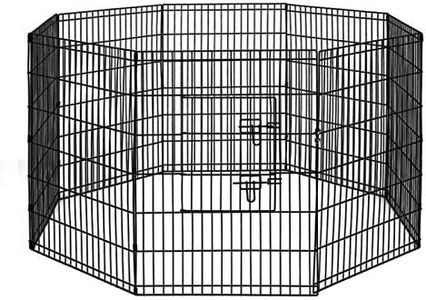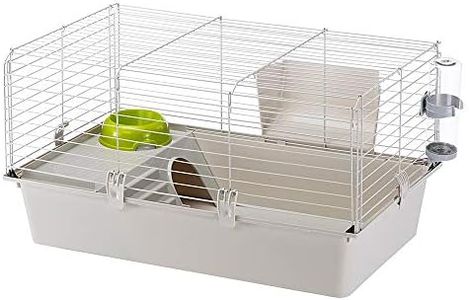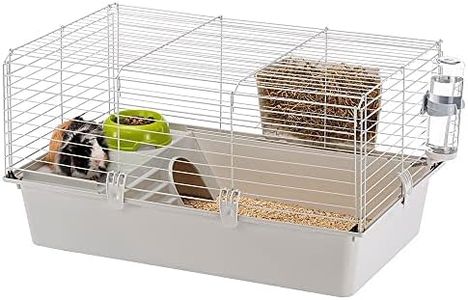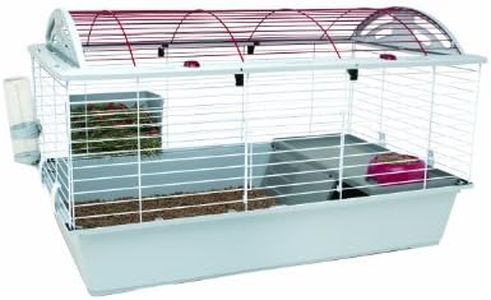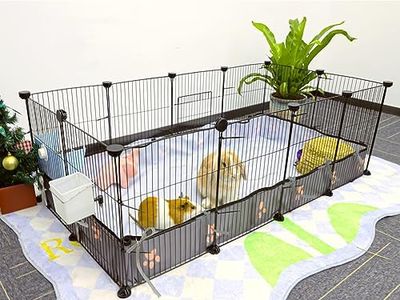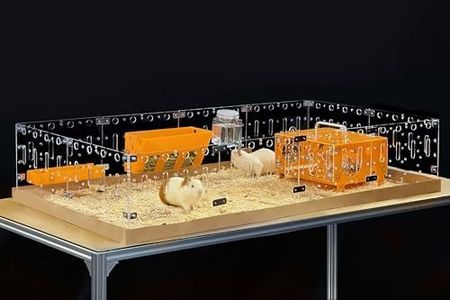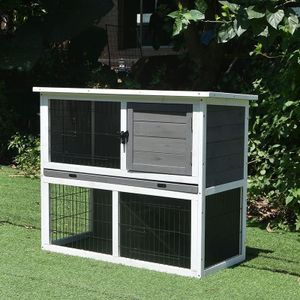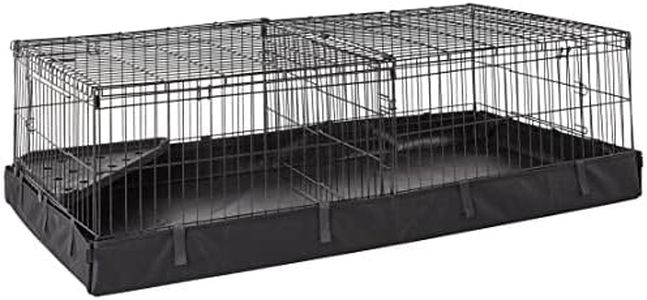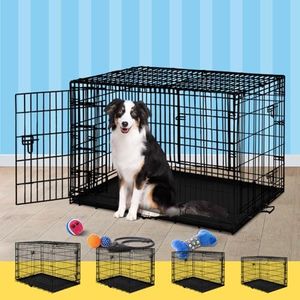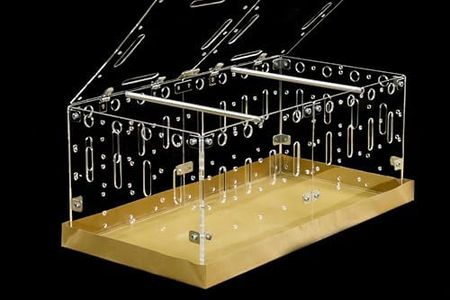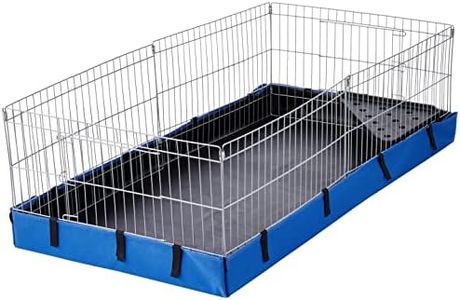We Use CookiesWe use cookies to enhance the security, performance,
functionality and for analytical and promotional activities. By continuing to browse this site you
are agreeing to our privacy policy
10 Best Guinea Pig Cage
From leading brands and best sellers available on the web.By clicking on a link to a third party's website, log data is shared with that third party.
Buying Guide for the Best Guinea Pig Cage
Choosing the right cage for your guinea pig is essential for their health and happiness. Guinea pigs need enough space to move around, explore, and stay active, as well as a safe, comfortable environment. Picking the best cage means considering factors like size, flooring, ventilation, ease of cleaning, and overall safety. By understanding these specs, you can create a cozy home that makes your pet thrive.Cage SizeCage size refers to the total area available for your guinea pig to live and move in. It's important because guinea pigs are active animals and need plenty of space to run, play, and stretch out. Smaller cages can cause stress, health problems, and behavioral issues. There are generally small, medium, and large cages. Small cages are less than 7.5 square feet (only suitable as a temporary solution), medium cages are around 7.5 to 10 square feet (better for a single guinea pig), and large cages are 10 square feet or more (ideal and gives more freedom, especially for multiple guinea pigs). Always choose the largest cage your space allows; more space is always better.
Bar SpacingBar spacing is the distance between the bars of a wire cage. Proper bar spacing prevents your guinea pig from escaping or getting stuck, which ensures their safety. Spacing that is too wide (more than 1 inch) can be dangerous for young or small guinea pigs, while narrower spacing (around 0.5 to 0.75 inch) keeps them safe and secure. When picking bar spacing, consider the age and size of your guinea pig: smaller or younger pets need closer bars, while larger or adult guinea pigs are generally safe with wider spacing.
Flooring TypeFlooring type refers to the material and structure at the bottom of the cage. Guinea pigs have sensitive feet, so solid flooring is usually recommended over wire or mesh, which can hurt their feet and cause injuries. Solid plastic or metal bases are much gentler, easy to cover with soft bedding, and easier to clean. If you see a cage with wire flooring, it's best to avoid it or make sure you can cover it completely. Choosing the right floor ensures comfort and prevents health issues for your guinea pig.
VentilationVentilation is about how well air circulates inside the cage. Good ventilation keeps your guinea pig's environment fresh, reduces odors, and prevents mold or moisture buildup. Cages with open sides, like those made from wire, usually have better airflow than fully enclosed cages, but some plastic models include ventilation panels. When you choose a cage, make sure it's not stuffy and has plenty of open areas for air to flow, especially if you're placing it in a warm room.
Ease of CleaningBeing able to clean the cage easily is very important for your guinea pig's health and for your own convenience. Cages with removable trays or large doors allow you to change bedding and remove waste quickly. Some cages can be taken apart for a thorough clean. If you want to make cleaning less of a chore, look for designs that let you reach all corners without trouble—this means fewer smells and a healthier living space for your pet.
Security & Escape PreventionA secure cage keeps your guinea pig safe from escaping and from other pets at home. Features like secure latches on doors and strong materials are key. If your guinea pig is curious or active, you'll want a cage that's designed so it can't be opened or pushed apart easily. When deciding, think about your pet's behavior and if there are other pets or small children in your home—choose a cage that offers enough safety.
